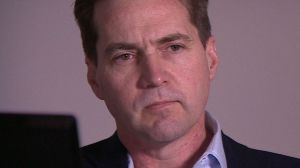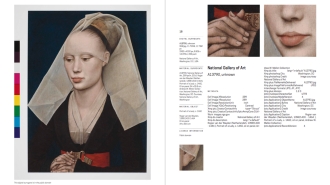For the music industry, the outcome of the national vote — which polls suggest remains tightly split between those for and against a British exit, dubbed Brexit — carries huge consequences and has the potential to impact on everything from touring to record sales to copyright legislation.
“A victory for Brexit would be economically, politically, socially and culturally disastrous — for all of us,” reads a joint letter from Beggars Group founder Martin Mills and Universal Music U.K. chairman and Chief Executive David Joseph, urging staff and colleagues to vote for staying in the E.U..
Source: To Brexit, or Not to Brexit: For the British Music Industry, There’s Little Question | Billboard



 Craig Wright, the Australian who claims to be the inventor of bitcoin, is attempting to build a large patent portfolio around digital currency and technology underpinning it, according to associates of his and documents reviewed by Reuters.
Craig Wright, the Australian who claims to be the inventor of bitcoin, is attempting to build a large patent portfolio around digital currency and technology underpinning it, according to associates of his and documents reviewed by Reuters.


 The survey offers a positive picture of the indie market, with 65% of surveyed labels saying their businesses grew in the last year, and 79% saying they are optimistic about their future prospects.
The survey offers a positive picture of the indie market, with 65% of surveyed labels saying their businesses grew in the last year, and 79% saying they are optimistic about their future prospects.
